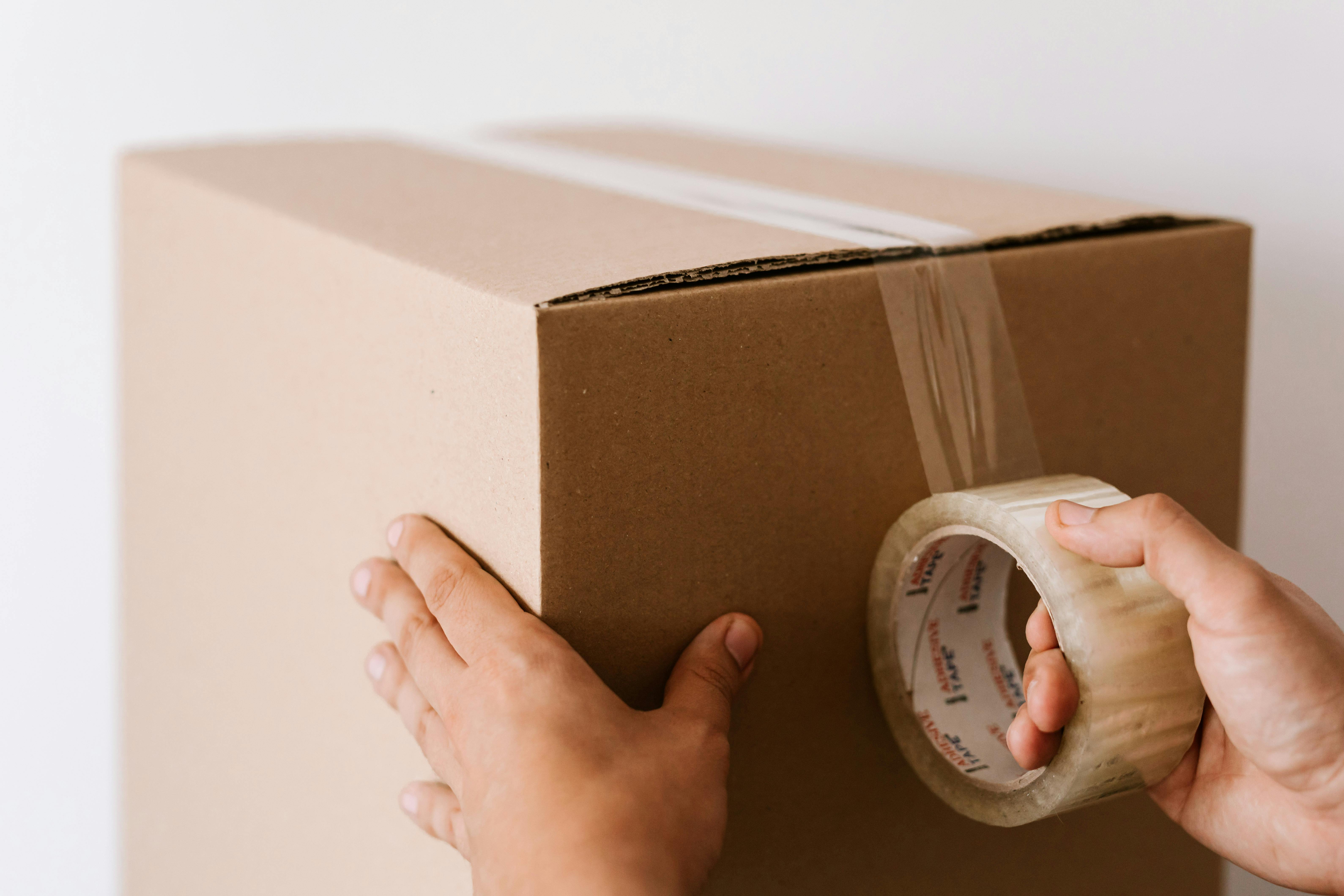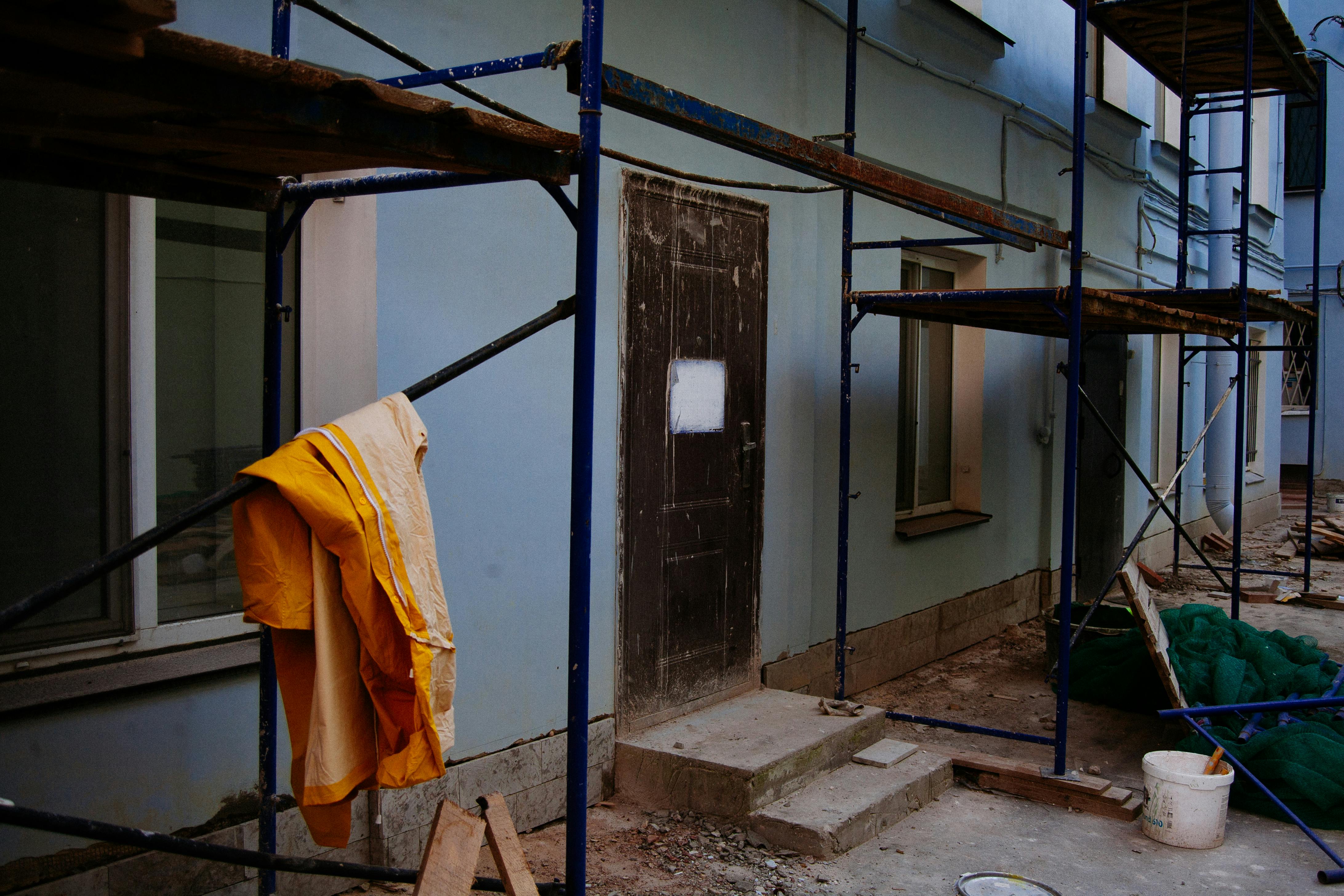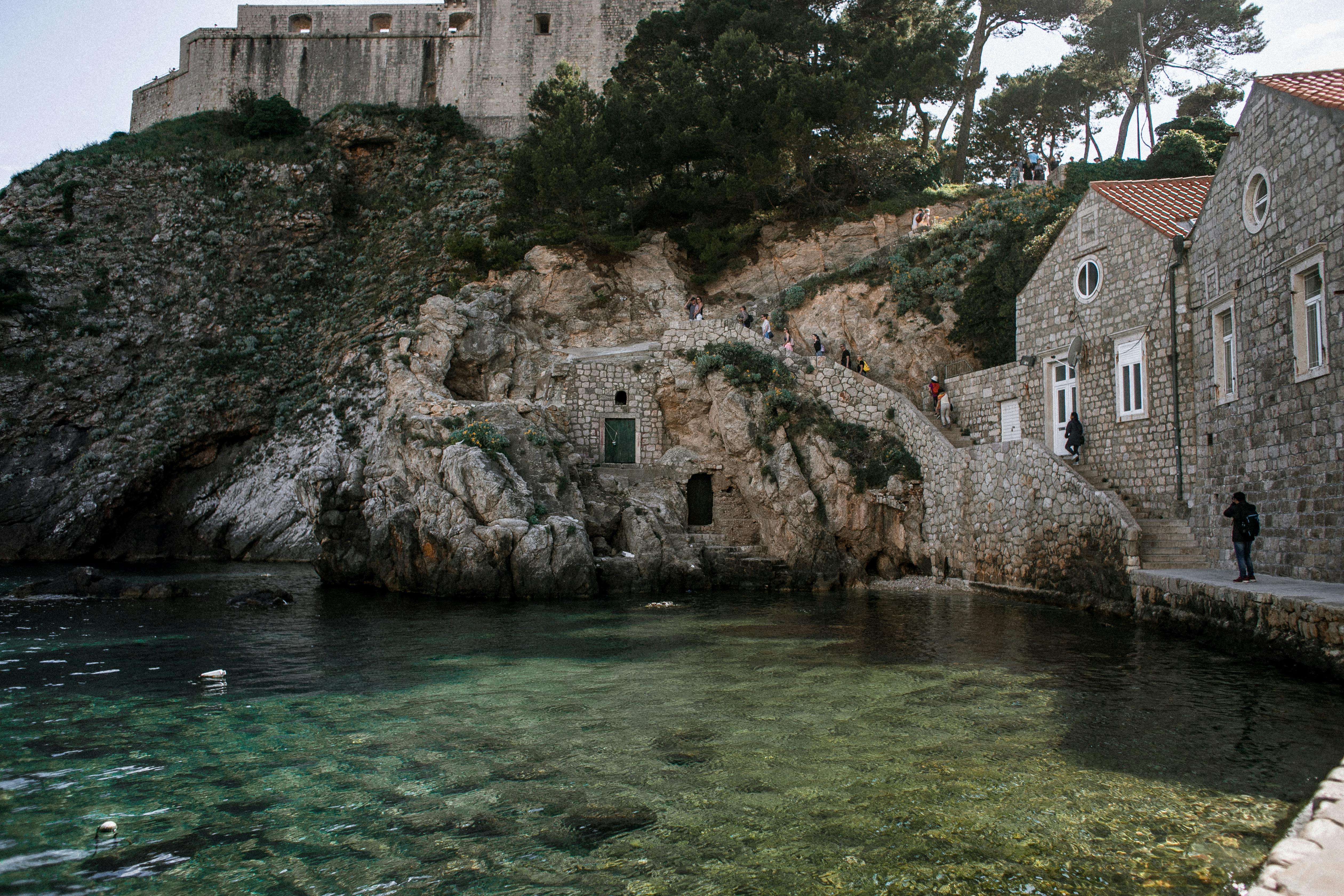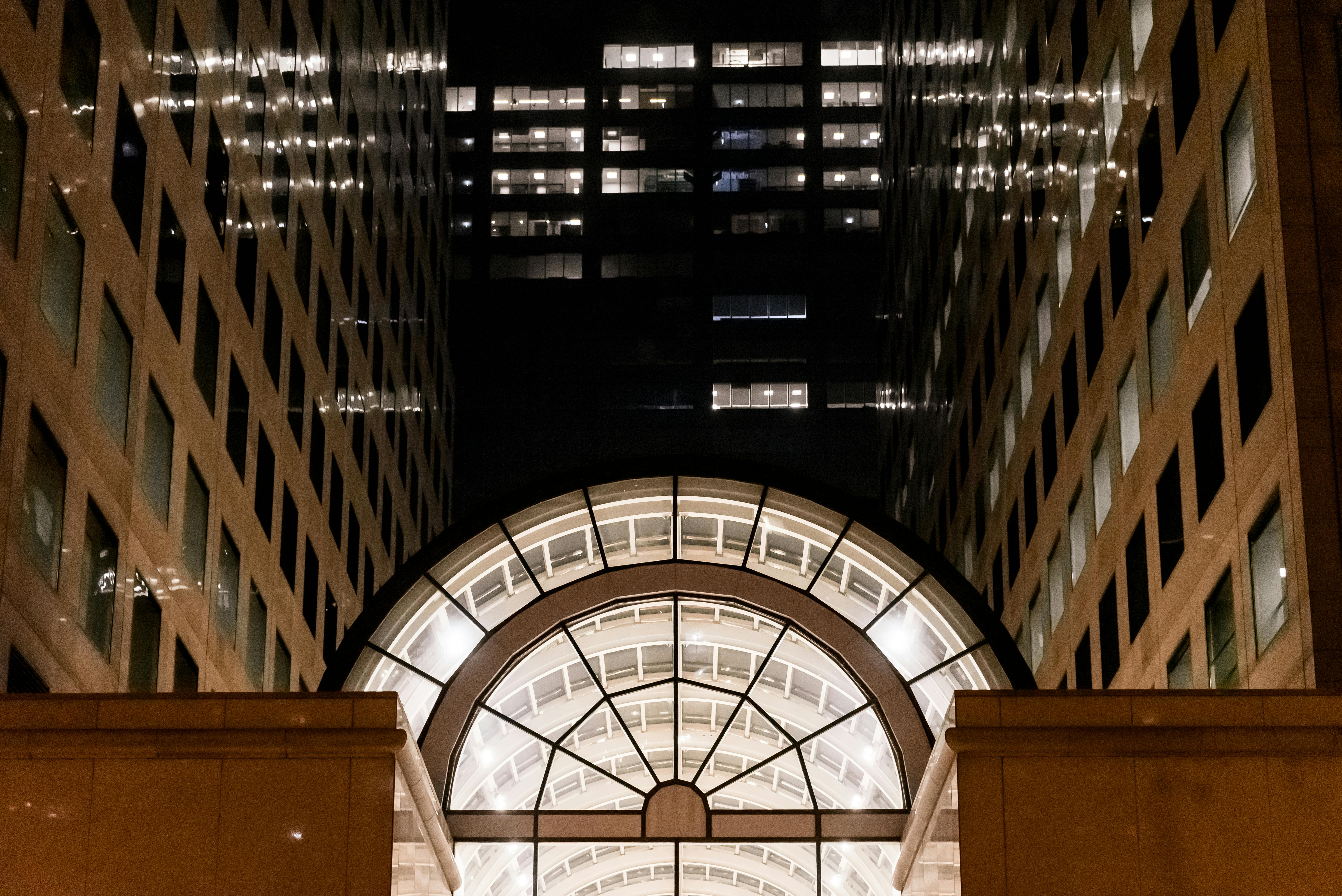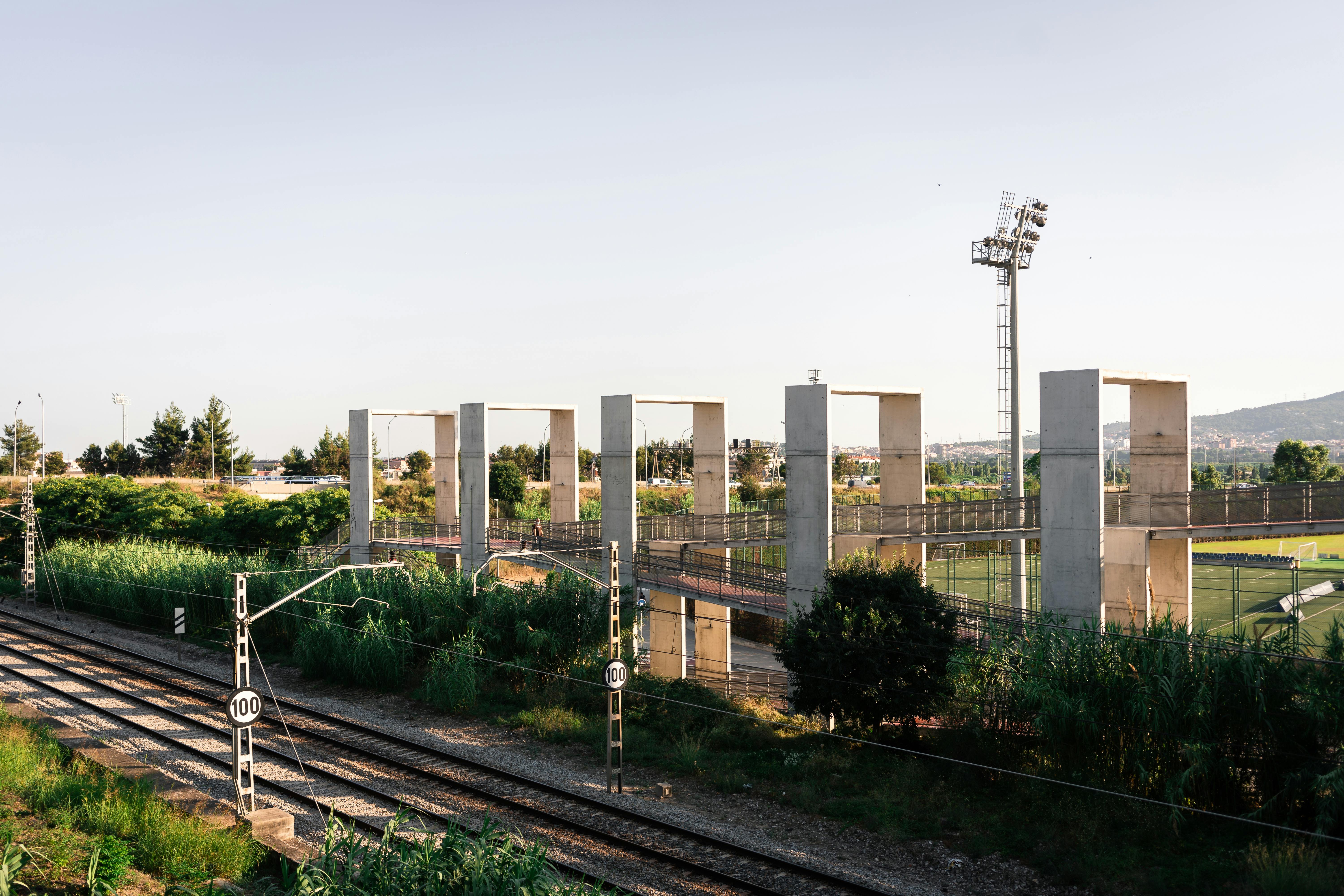If we were to come out of the big money-loving society, Homeland Security begins in our own home. If we are building a house, let it be a greenhouse. If there is a toxic environment outside, there can always be fresh air and whole foods inside. If you have a house that is not a greenhouse, add skylights and an attached greenhouse. These can warm your house on a winter’s day and not be greatly threatened by a toxic or hostile outdoor environment. Shade screens and vents can be used in summer to moderate greenhouse temperatures. When you grow your food inside your home, plenty of floor space is justified, but you don’t need a lot of space if you develop an appetite for sprouts. A floor-to-ceiling two-foot-square sprouting cabinet with three-inch-deep trays can produce hundreds of pounds of fresh, vital food each week; of dried nuts, seeds, beans and grains. Just add clean water.
In the event of nuclear winter, oil well fires, volcanic eruptions, and other calamities, sprouts don’t need light or soil, just air and water. It also has nuts, seeds, and grains stored for dry use, such as cereals, snacks, traditional bean dishes, rice, and corn. Stock more of the things you like but don’t produce. On our little farm, we eat, no matter what the outside conditions, unless it’s fire. But we already thought about that and we have an excellent fire protection system, inside and out. Blast is what a greenhouse or a typical stick house can’t handle. Live where the explosion is unlikely. Have you noticed that every city is a potential target in the war and the greatest destructions take place in them? Sometimes they bomb a farm, but fewer people live there.
Most country folk get through wars without a scratch. Rural life is simply safer, no matter the threat. The government cannot and will not protect any city from attack, any more than it will protect national borders from invasion. If you prefer to live in a war objective in times of war, what do you have a right to expect? The truth of Homeland Security policy is: we will cross every bridge when we get to it. We will react to close the stable doors when the horses have left. It is public and common knowledge. Grab your plastic sheeting and duct tape and wrap yourself up in case of an emergency. You are responsible for yourself and have been officially notified of the fact. Have you chosen a good excuse to be a victim? Do you think you will get rich with the loss of your family members?
Do you have neighbors? Will you feed them or shoot them? I recommend feeding them. This is where it’s a burden to be a wise pig. A smart pig would have a few months’ worth of food in store, in case its neighbors get desperate. It has been known to happen. Even if we are busy serving the corporate masters, we can still find good survival information and buy survival guides to read at our leisure. We can start by assessing what are the most likely types of attack, famine, or plague that we might need to prepare for. Then ask how you would live; what would their lifestyle be, if there was a disruption in food, water, power, banking, employment or everything, like what the people of Iraq and Afghanistan are experiencing. Do you think the government or the invaders will take good care of you? The attacks in Oklahoma City and on 9/11 were intended to make us question the government’s ability to protect anyone against a given enemy, especially its own paid servers.
If you’ve made food and water storage a priority, you’re two steps ahead of the dumb pigs. If you have started high-efficiency food production and obtained water purification equipment, you are four steps ahead of the dumb pigs. If you’ve made a small business of supplying dumb pigs with survival items, you’ve come a long way. You will have stock on hand for the majority who, I promise you, will wait until the last minute to prepare. For these, you can name your price: good supply and demand. It’s a reasonably safe bet that it will need to be ready in the next ten years. I’d rather be ready in five, or yesterday.
There are more and more intercontinental ballistic missiles with nuclear warheads targeting the United States. If two or more hostile nations decide to jump in, much of the country could be like Afghanistan or Iraq. Portable nuclear devices may have been carefully rigged with cell phone detonators as I write this. Do we want to be waiting for humanitarian aid afterwards? Look again at Afghanistan and Iraq. How long are you willing to wait in the event of a multilateral invasion of America? It’s like viral plagues. You can wait for a vaccine to be developed for the latter, or you can take steps to increase your biological resistance to all biological pathogens.
This is the difference between thinking for yourself and depending on the government. This is another one of those choices that few people know they’ve already made. Do you want to be prepared for a chemical attack or do you want to be prepared for any lifestyle change? Is it better to view the 9/11 attacks as a one-time tragedy or a sign of bigger things to come? Do you think Al Qaeda is done with Washington, DC or do you see they have unfinished business there? If Washington gets bombed a few hundred miles from the coast, who’s going to tell us to buy plastic and duct tape? Osama has ships. If he doesn’t have nukes to launch from them, how long before he does? If Osama destroys the Capitol, will Israel destroy Tehran?
As slaves on the great American plantation, we have become comfortable with and overly trusting of plantation managers. We have been shocked to learn that our trust was misplaced and abused at great cost to the general welfare. Those responsible for this well-being have not yet finished their investigations. Investigations that would not be necessary if the person responsible had acted responsibly. Now they are trying to regain that public trust that they will never have again. We should be planning for the changes that alone will create. Central government is a trust game. When trust is lost, central government is also lost. If we have chosen our lifestyle for the next twenty years, we must ask ourselves if we will be able to sustain it in a poor world economy.
If not, what do we need to change to adapt it to such an economy? There is more to survival preparedness than meets the eye. It helps us make new lifestyle decisions, based on something other than corporate escalation and unlimited consumption. Ask how you would like to live if money doesn’t buy much or you can’t have much to buy things. Would you keep your job, your car, your house? Could you keep them if you wanted to? How would you live if you couldn’t keep these things? Now is the time to plan to go without or stock up.
People spend a year planning a two-week vacation. Few spend two weeks planning their lives. Many believe that change precludes planning; because “life is like a box of chocolates. You never know what you’re going to get.” Those who have tasted better chocolates know that there is a guide on the lid of the box and they know what they are going to find. We may not always get what we plan for, but when we don’t, we always get what we don’t plan for. One can plan for this and actually be much better off when it happens. Planning for an independent life always brings unexpected rewards, far in excess of the effort required to implement the plan. What if you win independence and nothing bad happens? Was it all for nothing? Isn’t independence a good thing in itself? Will you regret sacrificing your slavery, a career, a business, the treadmill, the rat race that is plantation life? Will you have too much downtime on your hands? Only if you planned it. Is the typical western lifestyle worth a tenth of what it costs the world?
Planning for independent, natural and sustainable living brings many more rewards than planning for a home extension. It helps us to see in steps. Do we keep a freezer or two full of perishables? What will we do if the power grid goes down for a few days? Will we accept the loss or go out and buy an electric generator that may not be in the store? What if the electricity goes out for a year? For this, we must consider the minimum daily electrical requirement. Will we have enough clean water stored or will we filter and use a 550 watt electric water still that produces a gallon every four hours? Do we want to keep a fridge or freezer running? For how long? Do we want electric lights after dark or in dark rooms, or lights for growing and growing plants indoors? Do we want global two-way communication or will we settle for a battery-operated multi-band radio receiver? Even if we have adequate renewable energy sources, a nuclear winter could block out the sun and calm the air. In such situations, it would be nice to have a combustion power generator and a stable fuel supply.
(EDITORS! Free promotion here – now! If you leave a comment and your URL or hyperlink in this or any article of mine: 1.) Some of my readers on the site will visit your website. 2.) I will visit your website. If I like what I find, I’ll write a positive review and post it here on EzineArticles. You can remove this generous offer when you republish this article.)


